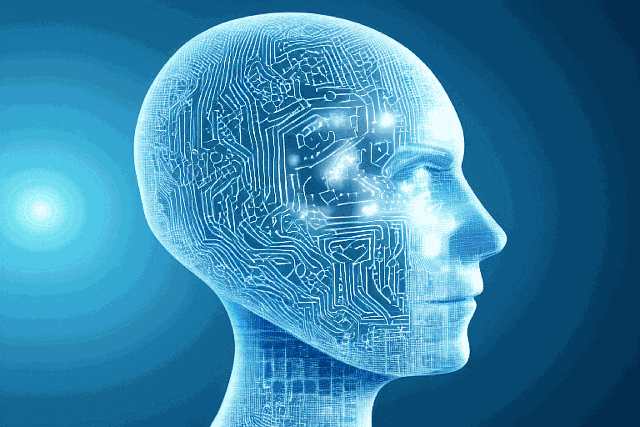20th June 2023 – by Daliya Guemri

Researchers from TwinsUK have recently published a systematic review and meta-analysis examining the current efficacy of artificial intelligence (AI) machine learning applications that read MRI scans of degenerate discs. Working in the pain research team under Professor Frances Williams at King’s College London, researchers are motivated to glean the latest insights in developments to low back pain causes or treatment. Low back pain is the lead cause of disability globally and can fundamentally reduce patient quality of life. Intervertebral disc degeneration is a main cause of low back pain and Williams’ team is heavily invested in pioneering research into causes, diagnoses and treatments for the condition.
Disc degeneration is a normal part of aging, however sometimes it is accompanied by disabling pain and interventions are required. This systematic review and meta-analysis specifically focused on machine learning (ML) algorithms that read lumbar magnetic resonance imaging (MRI) scans. Assessing disc degeneration is a time-consuming endeavour for radiologists, accurate machine learning algorithms that could fulfill this task, would represent a huge saving of work hours for health services across the globe. Fully exploiting AI technology could allow efficiency in identifying lumbar disc degeneration as well as other spinal conditions, and speed triaging patients for surgery or physiotherapy treatments.
The systematic review found several studies with a computer science research focus that reported machine learning algorithms could do the job of radiologists, or that their approach could lead to diagnostic technology. Unfortunately, much of this software is not rigorously tested and most of the included studies had small numbers of participants. A systematic review and meta-analysis aim to the contribution of several small studies, however lack of replication (running the algorithm again in a totally new group of scans) was another stark omission from most of the included studies.
In science, the best type of research is validated in different groups of participants and run multiple times. This should be a standard practice for medical treatments or tools. However they found that generally, these algorithms were not validated, and reports of added benefit to the assessment of disc degeneration were concluded perhaps prematurely.
The technology is exciting as it does offer a real promise to the future of MRI reading and spinal assessments and ultimately better outcomes in patients with low back pain.
Authors Roger Compte and Isabelle Granville Smith explained:
“We suggest future research should incorporate several machine learning approaches, such as adding semi- and un-supervised learning to supervised learning approaches. MRIs inherently contain vast quantities of information; of which the human eye is only capable of gleaning part. Designing machine learning algorithms that better take advantage of MRI data arrays may be a means to progress their reliability and accuracy to be comparable to and may one day surpass human radiologists.“






